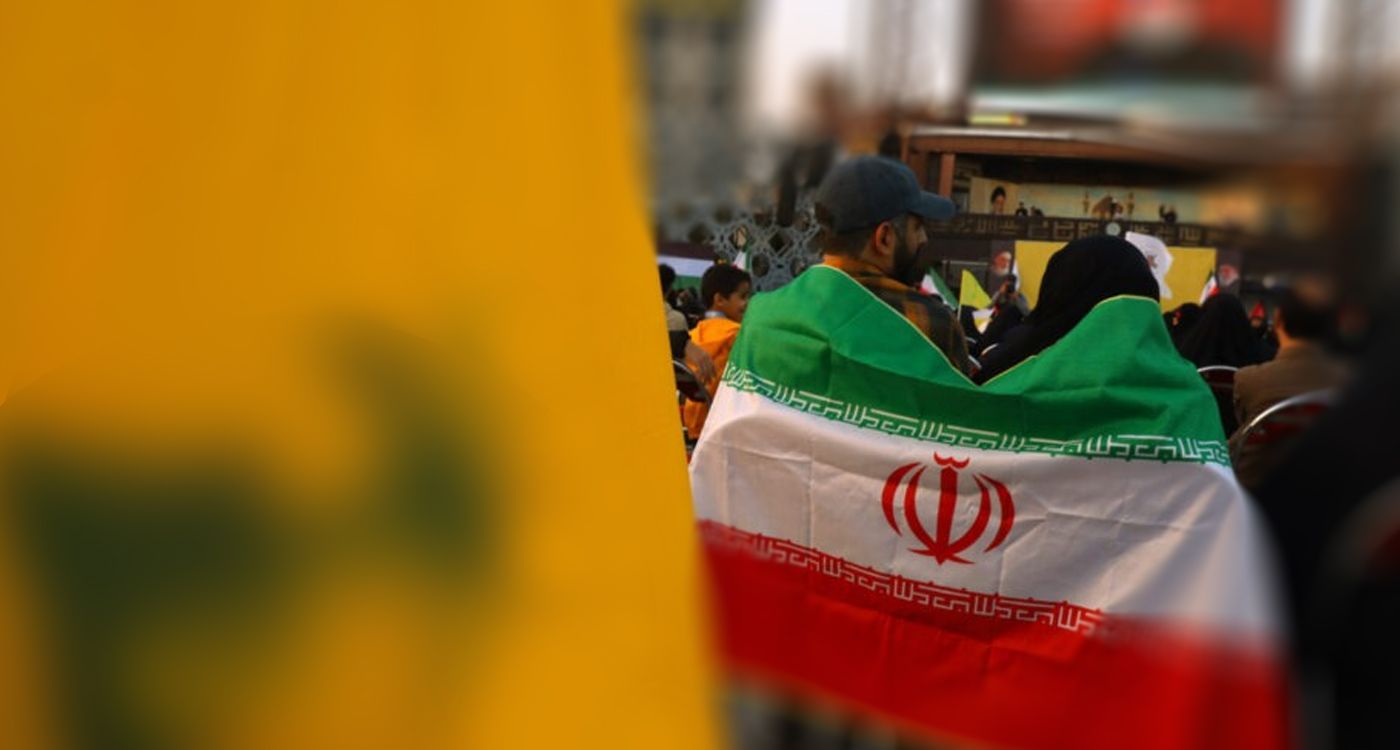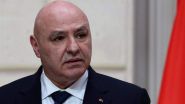
On September 17, Iranian Ambassador to Lebanon Mojtaba Amani was injured in the pager bombings and transferred to Tehran for treatment. Following this attack, the intelligence offensive against Hezbollah escalated, leading to wireless device explosions, the elimination of Radwan Force leaders, and the assassination of Hezbollah's Secretary-General Hassan Nasrallah and his potential successor, Hashem Safieddine.
Amid escalating Israeli airstrikes and the rising number of casualties, wounded, and displaced, Speaker of Parliament Nabih Berri, caretaker Prime Minister Najib Mikati, and Druze leader Walid Jumblatt took steps to find a way out of the crisis Lebanon and its people are facing. They announced their agreement to a ceasefire, irrespective of the united fronts between southern Lebanon and Gaza.
A diplomatic source closely monitoring the Lebanese situation indicated that the repercussions of the Ain al-Tineh meeting reached Tehran, provoking anger among those following the Lebanese issue. They viewed the agreement to a ceasefire —especially in light of Hezbollah's current predicament, and the severance of the united fronts strategy—as a significant defeat that the Iranian Revolutionary Guard will strongly reject. Therefore, the source reported that Iranian Foreign Minister Abbas Araghchi was instructed to urgently travel to Lebanon with clear directives emphasizing that any calls for a ceasefire are unacceptable and that only the continuation of fighting and resistance will be upheld.
The diplomatic source indicated that Araghchi addressed caretaker Prime Minister Najib Mikati and Speaker of Parliament Nabih Berri in an unusually blunt manner, leaving them no room for discussion and presenting a single option he referred to as “resistance.” The source also disclosed that the Iranian foreign minister informed Berri and Hezbollah that his special envoy for the Middle East and West Asia, Mohammad Reza Shibani, would remain at the Iranian embassy in Lebanon during the ambassador's absence. He further noted that they would need to coordinate and consult with him on all political and military matters related to the war, with any decisions in this context contingent upon Iranian approval.
In this context, reports suggest that Tehran will not agree to any ceasefire in Lebanon unless it restores conditions in southern Lebanon to what they were before October 8, 2023. This means that the new ceasefire must not impose any restrictions on Hezbollah's movements south of the Litani River and must never involve the question of disarming the pro-Iranian group.
Instead, Hezbollah is expected to rebuild its structure and military strength in preparation for a potential war in the coming years. The reports further indicate that remarks made by Hezbollah’s Deputy Secretary-General Sheikh Naim Qassem, who refused to discuss any topics before a ceasefire, underscore that both the Iranians and Hezbollah have no intention of altering their stance on the situation in the south and the internal Lebanese context. This dynamic enables Hezbollah to retain control over decisions regarding war and peace, as well as the political decision-making that has effectively crippled the country as a whole.



Comments